Racism on social media: Why is abuse online so hard to stop?
- Published
- comments
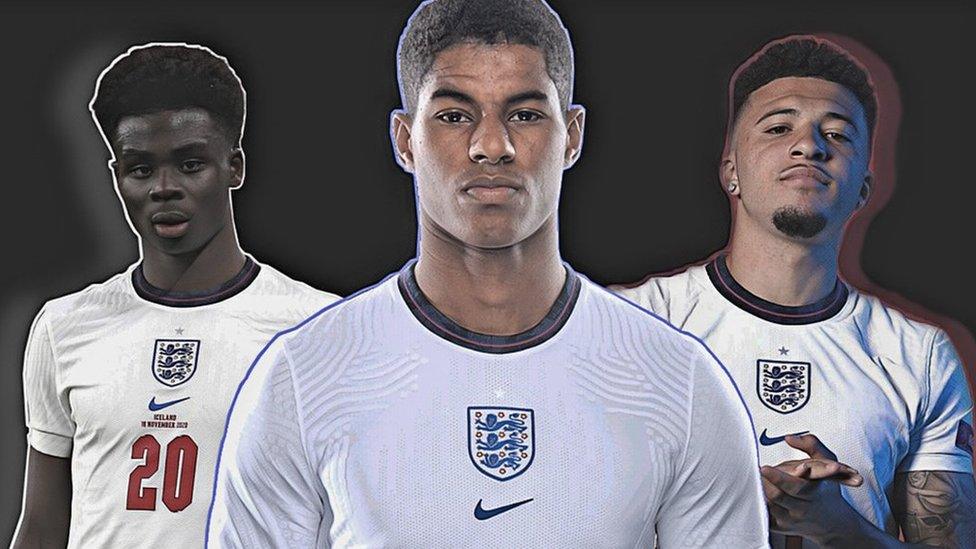
Social media companies are facing new criticism for failing to deal with racist abuse directed at black footballers.
Marcus Rashford, Jadon Sancho and Bukayo Saka all received racist abuse on social media following England's loss to Italy in the final of Euro 2020.
The Football Association said social media companies "need to step up and take accountability", including taking action to "ban abusers from their platforms".
Click here to get tips from Own It on how to deal with online racism.
Watch our report into why some England players have been suffering racial abuse
"I felt as if I'd let everyone down," Rashford wrote in a statement.
The 23-year-old added: "I can take critique of my performance all day long, my penalty was not good enough, it should have gone in but I will never apologise for who I am and where I came from.
"I've felt no prouder moment than wearing those three lions on my chest and seeing my family cheer me on in a crowd of 10s of thousands."
It is not the first time black players have been targeted with racial insults on social media following a football match.
Rashford, who campaigned to help child food poverty during the coronavirus pandemic, has received multiple racist messages over the last year.
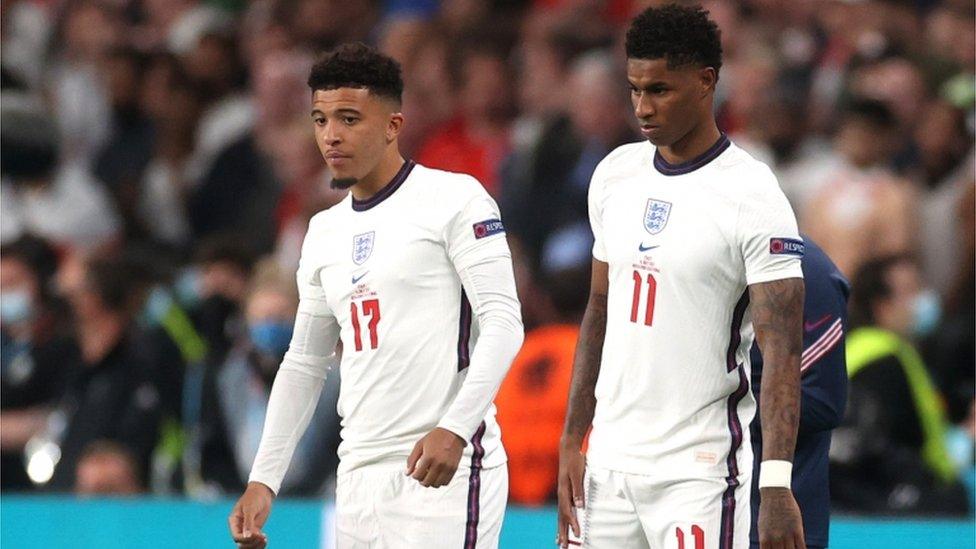
England stars Jaden Sancho (left) and Marcus Rashford (right) suffered racist abuse after the Euro 2020 Final
Racism is when words or actions are used to discriminate or disadvantage people because of their colour, culture or ethnic origin.
In January 2021 he said he had experienced "humanity and social media at its worst".
"I have beautiful children of all colours following me and they don't need to read it. Beautiful colours that should only be celebrated," he said.
The abuse meant there were calls for social media companies to fix the problem of racism online.
But over the months that followed, black football stars such as Raheem Sterling, Reece James, his sister Lauren James, Romaine Sawyers, Anthony Martial, Axel Tuanzebe and Fred all received racist abuse.
They are just a handful of the athletes across many sports who have been targeted with racist or other hateful messages on social media platforms.
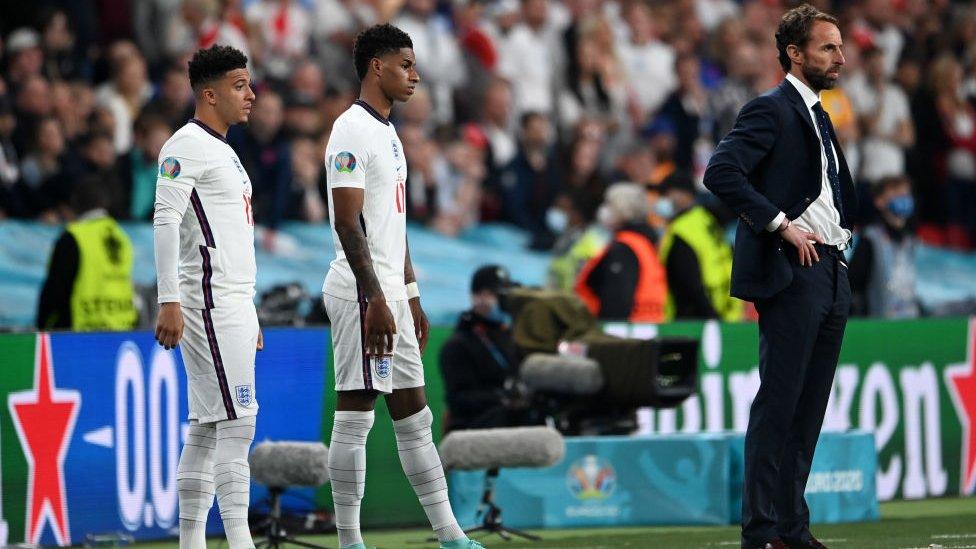
England players have received racial abuse online after Italy won the Euros final
Racist hate appears online towards sports stars in the form of abusive language or comments mentioning colour, ethnicity, stereotypes or emojis used in an offensive way. It often happens after a bad result or performance.
Online trolls often post horrible messages to get attention. It's a big problem because it's hard to identify and punish those responsible because of the way social media works.
'Free to racially abuse without consequence'
In response, English football, rugby union, rugby league and cricket took part in a four-day boycott of social media in May, meaning sports stars stopped using their platforms.
But in the days and weeks that followed, Raheem Sterling was racially abused online and Marcus Rashford was sent "at least 70" abusive messages, including one from a teacher, after Manchester United lost in the Europa League final.
Rashford said: "I'm more outraged that one of the abusers that left a mountain of monkey emojis in my DM is a maths teacher with an open profile. He teaches children!! And knows that he can freely racially abuse without consequence."
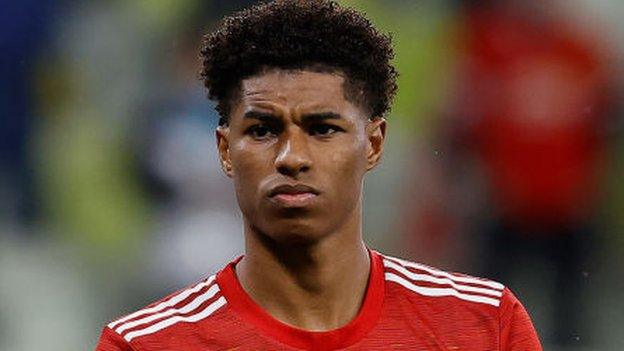
Rashford received racist abuse on social media after playing for Manchester United in May
So how is racist abuse online allowed to continue?
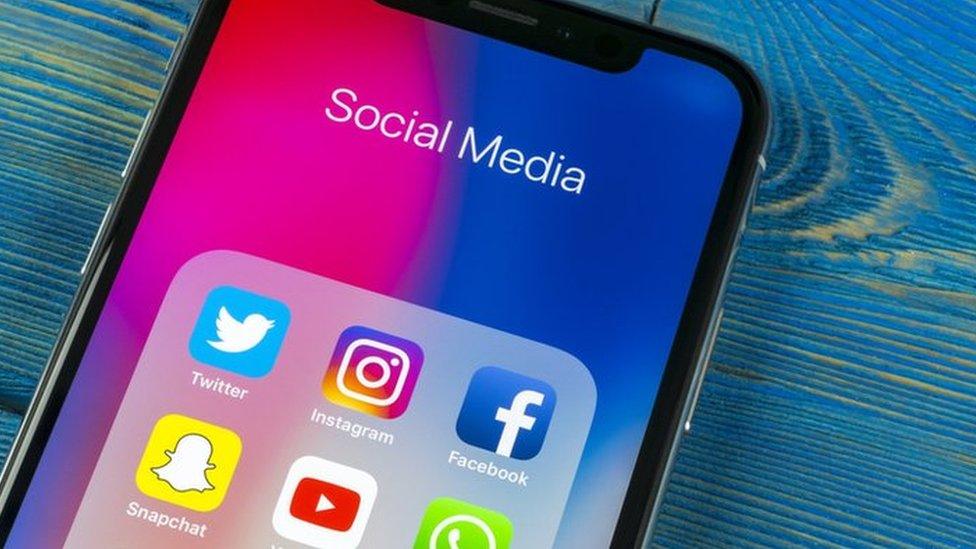
There is pressure on Twitter, Facebook, Instagram, TikTok and other platforms to do more to stop the hateful messages.
Facebook - which also owns Instagram - said it tries to remove harmful content as quickly as possible and encouraged people to use the tools it offers to block abuse.
"We quickly removed comments and accounts directing abuse at England's footballers last night and we'll continue to take action against those that break our rules.
"In addition to our work to remove this content, we encourage all players to turn on Hidden Words, a tool which means no one has to see abuse in their comments or DMs."
Twitter's response was similar - in 24 hours, it had removed 1,000 posts and blocked accounts sharing hateful content.
Meanwhile the Metropolitan Police said it is investigating the abuse and that "it will not be tolerated".
We quickly removed comments and accounts directing abuse at England's footballers last night and we'll continue to take action against those that break our rules
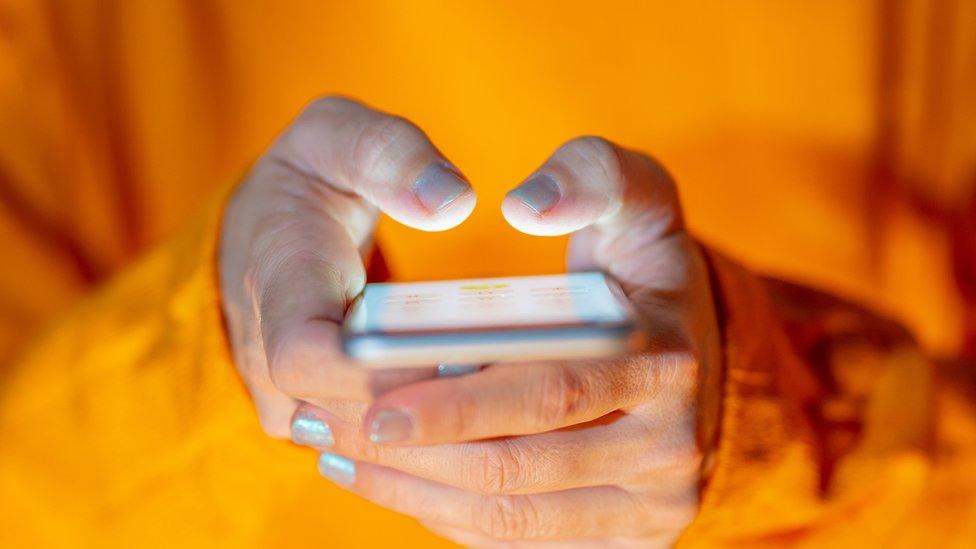
Sometimes it's difficult for moderators, people employed by social media companies, to find and delete all the abusive comments. So the companies also use algorithms (computer code) to try and find offensive material before it is published. However the technology isn't yet at a level where it can identify all harmful content to stop it. For example for things like emojis, it's hard for a computer to know if an emoji was posted in an offensive way or not.
You can report posts and comments on social media platforms, which will mean moderators will decide whether they should be removed.
But it can be difficult for more action to be taken against those posting racist comments online because some profiles can be completely anonymous, meaning it's hard to know who the person commenting actually is.
They might use a fake name or a different display photo so that no one will know who is behind their posts or comments.
That means it's hard to punish people for what they say online, because they can't be identified.
Why do people behave differently when they're communicating online?
So one idea is to end anonymity on social media, so racists can be tracked down.
It could mean adults and teenagers signing up to social media accounts using details from a driving licence or passport.
But some say this is handing over too much personal information to big companies and for many younger users, they might want to protect their identity and don't have the kind of official documentation to prove who they are.
Anti-racism campaigners say not everyone needs to post in their own name but instead give the social media companies a way to identify them if they break the law.
"If someone abuses the privilege of anonymity, that information can be quickly and transparently shared with law enforcement," said Kick It Out chief executive Sanjay Bhandari.
Another issue is that social media platforms are used world-wide, and laws on what you can and can't say are different in different countries.
So what is being done to stop it now?
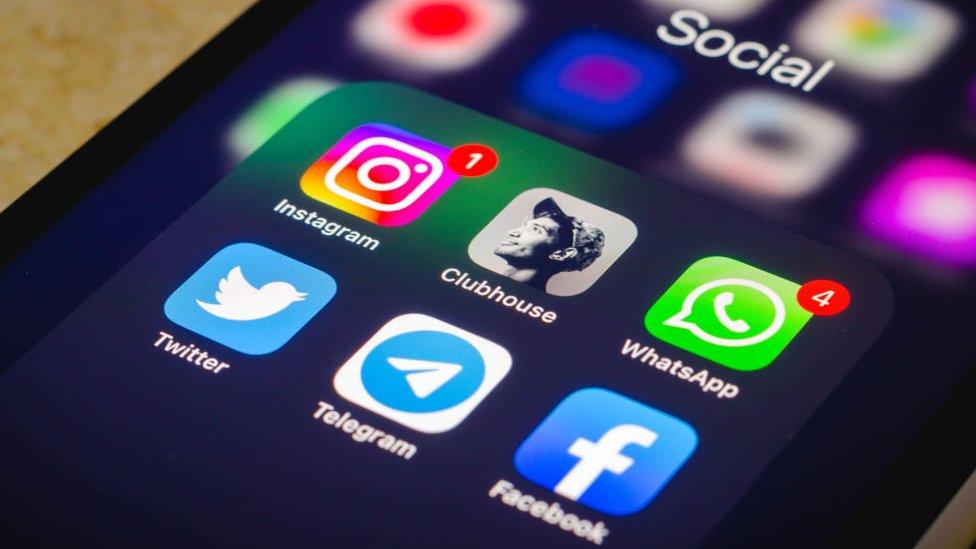
Facebook, Instagram, TikTok, YouTube and Twitter, are all self-regulated - which means they set their own rules about what is and isn't acceptable on their platforms - but that's about to change in the UK because of something called the Online Safety Bill.
Once the Bill becomes law, it will mean the government has the power to issue huge fines to social media companies that fail to remove harmful or upsetting material.
Oliver Dowden, the Culture Secretary said: "Social media companies need to up their game in addressing it and, if they fail to, our new Online Safety Bill will hold them to account."
However, critics say that lots of delays to the Bill have left users vulnerable to the kind of abuse experienced by the England players after the final.
Jo Stevens, shadow culture secretary for the opposition Labour Party said: "Social media platforms have had more than enough opportunities to sort this out."
She also added that the Bill doesn't go far enough and should include very serious punishments for social media bosses who fail to enforce the rules.
- Published12 July 2021
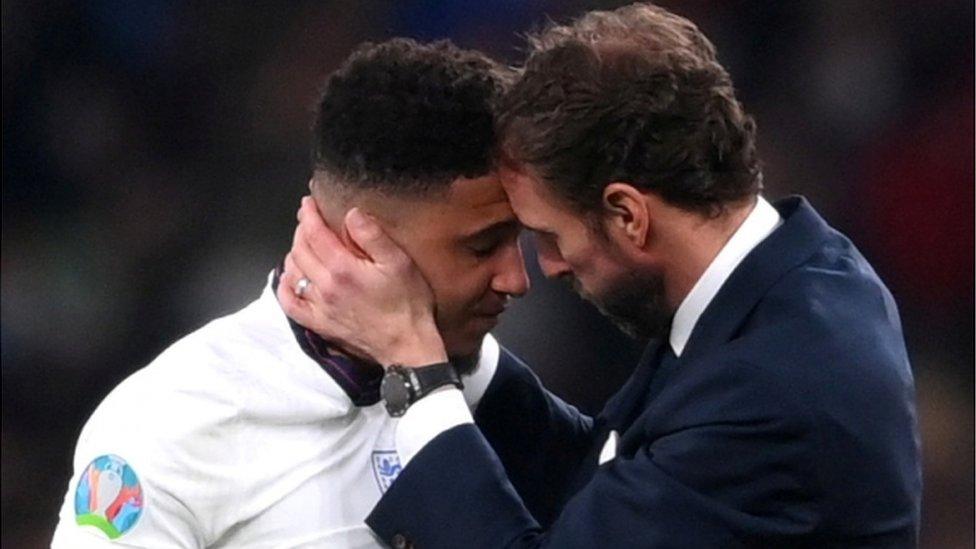
- Published10 June 2021
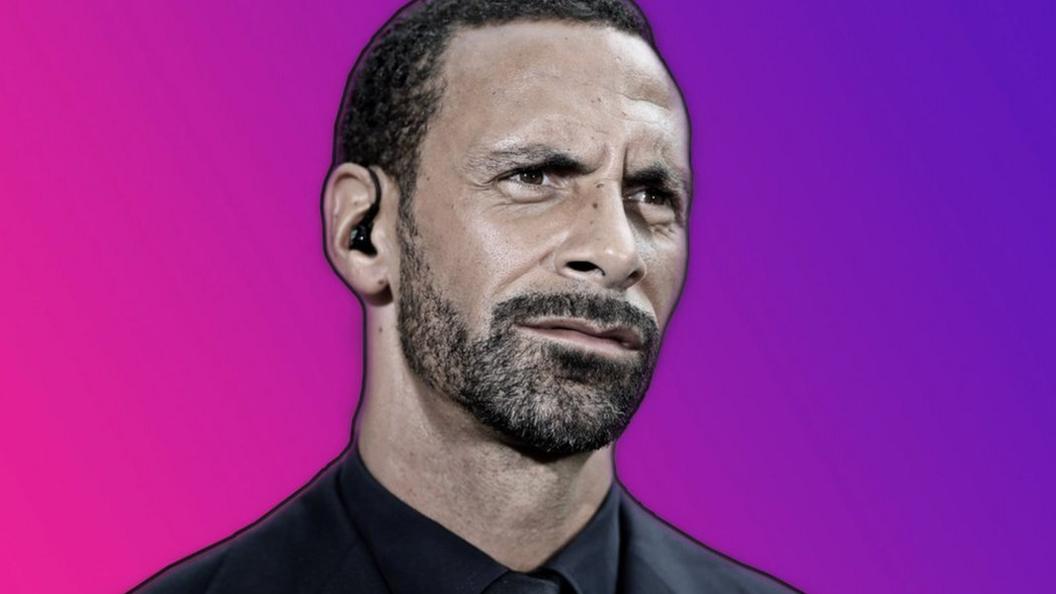
- Published12 May 2021
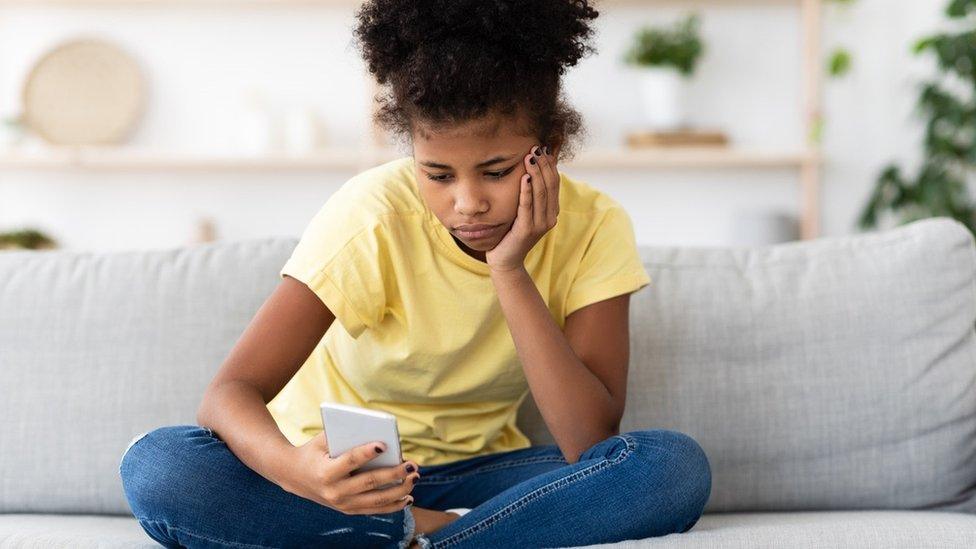
- Published26 February 2021

